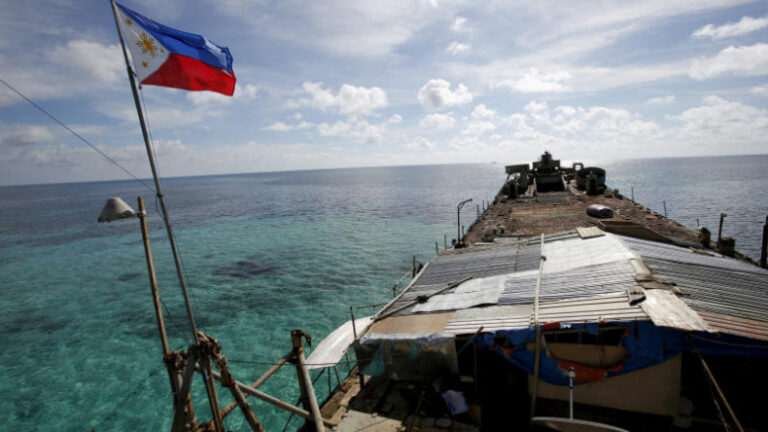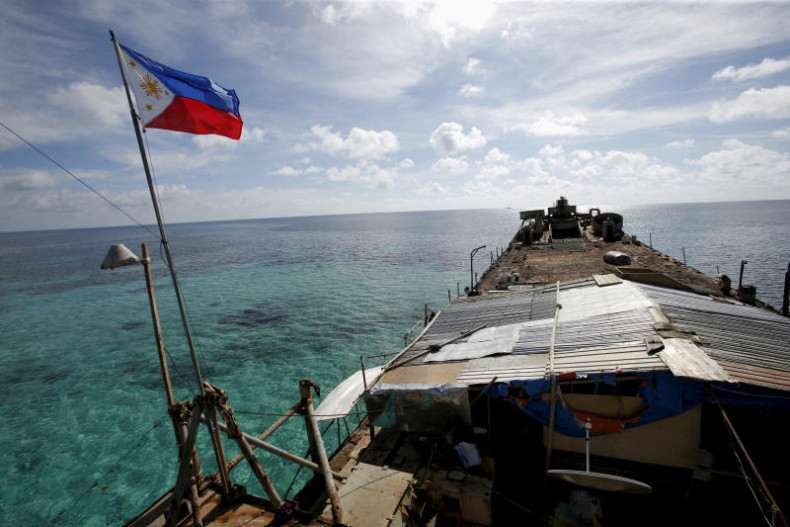
Tensions in the South China Sea continue to rise as China issues a stern warning to the Philippines over the presence of its coastguard vessels at the disputed Sabina Shoal. The Chinese government has vowed to take “strong and resolute measures” against the Philippines, accusing the nation of encroaching on its territory. The Chinese foreign ministry described the Philippine ships’ actions as violations of China’s sovereignty and demanded an immediate withdrawal.
The confrontation at Sabina Shoal is just the latest chapter in the ongoing territorial dispute, which has drawn attention due to the strategic significance of the South China Sea. China has long claimed vast portions of the sea, including key areas within the Philippines’ exclusive economic zone (EEZ), leading to frequent confrontations. The recent skirmish highlights the intensity of the conflict, as both sides increasingly rely on naval power to assert their claims.
China’s coastguard, reportedly larger and better-equipped than the Philippines’, has increased its presence in the region, regularly intercepting Philippine vessels. According to China’s foreign ministry, the coastguard will continue to take “necessary actions” to safeguard what it calls its legitimate rights over the contested area.
For its part, the Philippines has continued to assert its rights over Sabina Shoal, citing international law, including the 2016 ruling by the Permanent Court of Arbitration, which invalidated China’s extensive territorial claims. Despite the ruling, China has refused to recognize the court’s decision and has maintained its presence in the area.
The United States and other allies of the Philippines have also been closely monitoring the situation. The U.S. has consistently reiterated its support for the Philippines, particularly in enforcing freedom of navigation in the South China Sea. Washington has been vocal about its commitment to defending Philippine interests in the region, further complicating the already tense situation.
The escalation has sparked concerns among regional actors about the potential for conflict, as diplomatic efforts to resolve the dispute have largely stalled. Analysts suggest that China’s assertive stance is part of a broader strategy to solidify its control over the South China Sea, ensuring dominance in a region vital to global trade and resource extraction.
As the world watches, the question remains: will diplomacy prevail, or is the South China Sea destined to become a flashpoint for greater confrontation?
